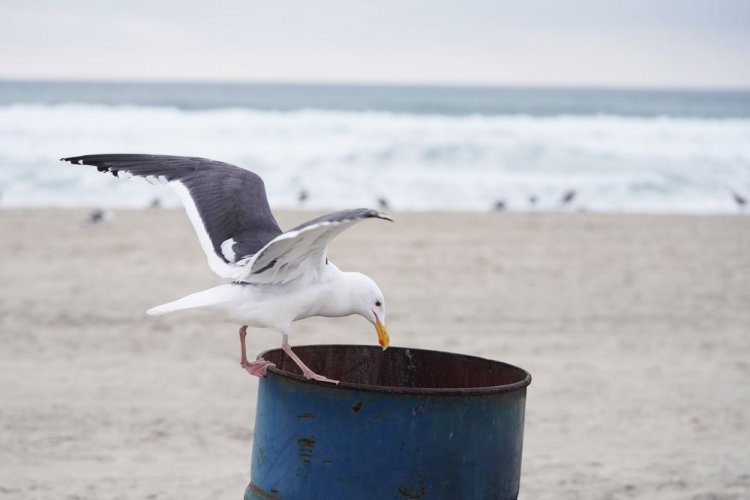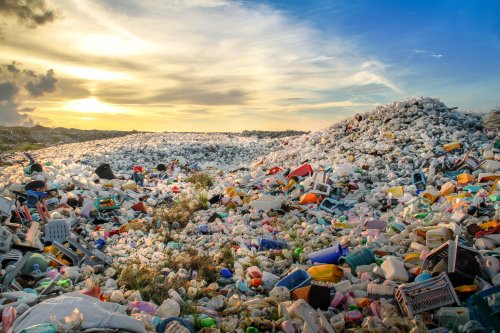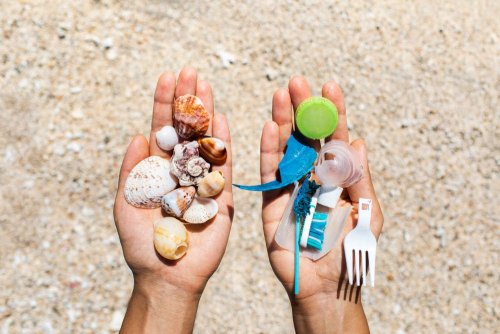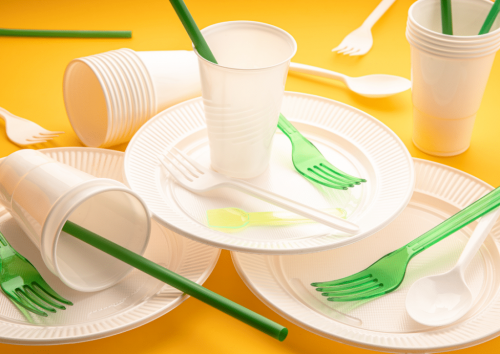London scientists from the Natural History Museum discovered a new disease called plasticosis in seabirds, which causes scars in the gastrointestinal tract.
According to the researchers, this is the first recorded case of plastic-induced fibrosis in wild animals, The Guardian reports.
The scientists emphasized that plastic pollution is becoming so widespread that such scars are not uncommon in birds of all ages. Yes, plasticosis was found even in young birds. Scientists hypothesized that this happened because the parents fed the chicks contaminated food.
It is noted that scientists studied petrels from the Australian island of Lord Howe. However, they believe other species are also affected and more research is needed to find out how widespread the disease is.
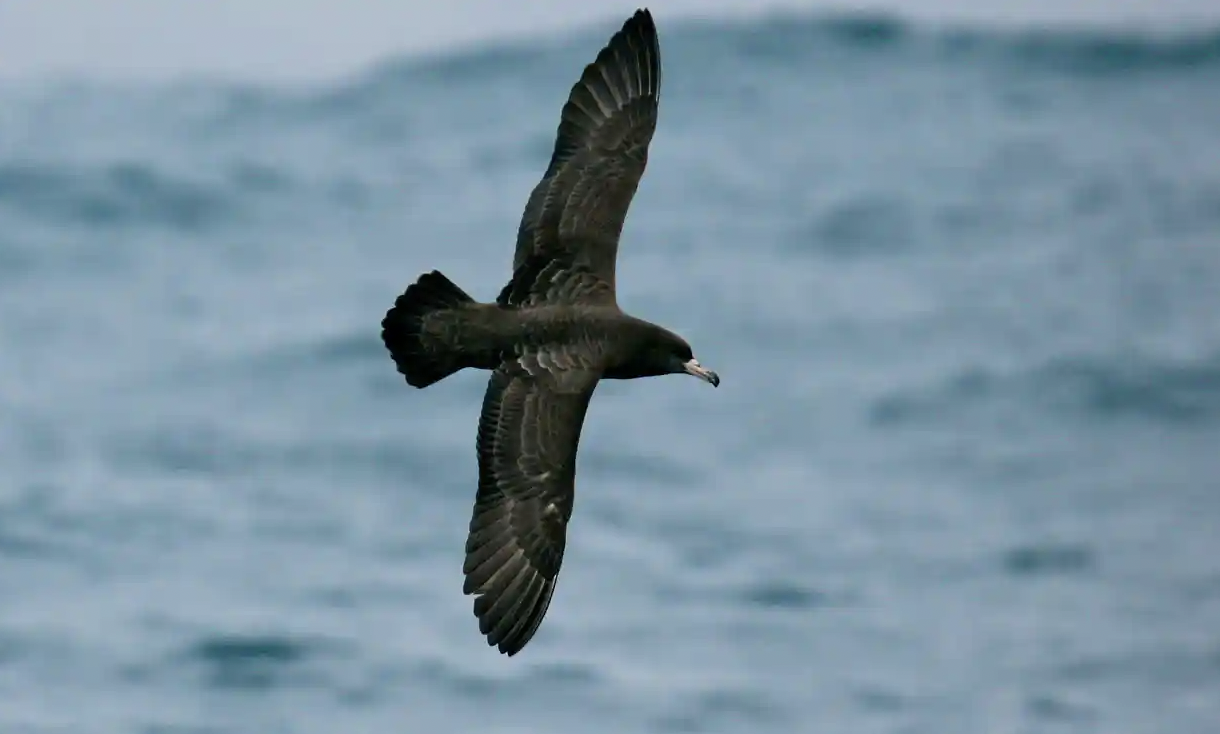
They found that the more plastic the birds eat, the more scars form in their digestive system. The disease can lead to the gradual destruction of the glands of the foreskin (a specific organ of birds). Because of this, the birds will become more vulnerable to infections and parasites. Plasticosis also affects the ability to digest food and absorb some vitamins.
Scientists have discovered that initially small pieces of plastic cause inflammation, and later - constant inflammation leads to the formation of scars and distortion of tissues. However, the bird may look healthy from the outside.
They emphasized that the impact of plastic on all organisms is inevitable, as pollution is constantly increasing and spreading across the planet.
"Plastic consumption has far-reaching and serious consequences, many of which we are only beginning to fully document and understand," the scientists added.
Earlier, EcoPolitic wrote, that the report of the Organization for Economic Cooperation and Development (OECD) showed that by 2060, the amount of plastic waste in the world will triple and exceed one billion tons.
As EcoPolitic previously reported, the Greenpeace report Circular Claims Fall Flat Again stated that plastic recycling is a dead-end strategy, because every year the amount of plastic waste increases, recycling decreases, and most waste cannot be recycled.

